OCEAN STATE GEMS: Franklin Lodge - A Legacy of Brotherhood
In the basement of Franklin Lodge No. 20 in Westerly, Rhode Island, R∴W∴ Ray Geer, Grand Historian for the Grand Lodge of Rhode Island and Past Master of Franklin Lodge, made a discovery that captures the lodge's extraordinary history. Opening a cardboard box filled with crumpled newspapers, he expected to find them protecting something valuable. Instead, the papers themselves were the treasure—Civil War-era editions of The Westerly Sun from 1863-1866, one bearing news of Past Grand Master, M∴W∴ Thomas A. Doyle installing lodge's officers in 1866.
Brotherhood across jurisdictions
R∴W∴ Geer shares a touching story about brothers helping each other. When Connecticut's Pawcatuck Lodge No. 90 received their charter in 1867, their building burned on the very day of their first meeting, destroying everything. Franklin Lodge, the nearest one, demonstrated the fraternal spirit and immediately offered their building to host Pawcatuck Lodge meetings.
This generous act required unprecedented cooperation between Grand Lodges. Both Rhode Island and Connecticut issued special dispensations allowing Pawcatuck Lodge to meet at Franklin's facility—with the sole condition that they could not make Rhode Island residents into Masons.
The arrangement proved so harmonious that for over sixty years, the two lodges shared the same roof! And Franklin Lodge amended their bylaws in 1913 to allow honorary members—specifically to welcome two Past Grand Masters from Connecticut who belonged to Pawcatuck Lodge.
Masters of Stone and Spirit
Westerly's identity as the "granite capital of the world" in the 1800s attracted skilled artisans, and the lodge counted several sculptors among its members. Most notable was Edward Ludwig Albert Pausch, a Danish sculptor whose works grace battlefields at Gettysburg and Antietam. When President William McKinley was assassinated in 1901, officials called upon Pausch to travel to Buffalo and create the president's death mask—a testament to his exceptional skill.
Worshipful Brothers Pollette and Barr also distinguished themselves as granite sculptors, with Barr creating four or five Civil War monuments. Their legacy also lives on in the lodge room itself, where granite pedestals donated by six local quarries in the 1890s still support the stations of the Master and Wardens—three of the original six remain in use.
Heroes Walking Among Brothers
The lodge's membership proudly demonstrates brotherly love not only between Masons, but also with people in need. During the devastating hurricane of 1938, Brother Henry Morris, a carpenter and former lifeguard, witnessed hotel guests stranded by floodwaters in Watch Hill. Without hesitation, he swam across tides with a rope tied around him, making multiple trips to rescue six people. Morris received the Carnegie Medal of Heroism.
Brothers Benjamin York and Robert Gentile displayed similar courage when a military plane crashed near Westerly airport. Hearing the crash while golfing nearby, they rushed to the burning aircraft and dragged the pilot to safety—even as ammunition aboard began exploding. Both men received Carnegie Medals of Heroism for their bravery.
The lodge also produced notable military leaders, including Brigadier General Elliot R. Thorp, who served in both World Wars and was present at the signing of treaties ending each conflict. As the last surviving member of General Douglas MacArthur's staff, Gen. Thorp wrote to then-Master Ray Geer in 1982 about his travels and encounters with Masonry worldwide.
20-20-20
Franklin Lodge's numerical synchronicities seem almost too perfect to be accidental. Chartered as Lodge No. 20 in 1857 with exactly twenty charter members, it was the first lodge established in Rhode Island after the anti-Masonic period. After decades of renting space in various buildings, the lodge finally purchased its first permanent home at 20 Elm Street in 1958, exactly 100 years after receiving its charter.
The building itself tells stories. Originally an executive mansion for the Cottrell family, prominent in Westerly's printing industry, it features a grand staircase ascending from main level to second floor to third-floor servants' quarters, with another staircase leading to a former widow's walk on the roof. Recent renovations—a new $40,000 roof, $50,000+ driveway paving, air conditioning upgrades, and restored dormers—demonstrate the lodge's commitment to preserving this architectural gem.
From Social Hub to Modern Refuge
R∴W∴ Geer reflects on today's challenges, modern families juggle career demands, digital distractions, and countless entertainment options that didn't exist when the lodge room was the primary gathering place for men seeking fellowship.
"The whole culture of Americans has changed," he observes. "TV wasn't big. There was no Internet. Computers weren't out there, nor cell phones. So, their socialization was at the lodge."
Franklin Lodge's golden era coincided with Masonry's broader growth during wartime, when men sought brotherhood amid uncertainty. The lodge served as Westerly's social center, hosting banquets for 100 people "without hardly trying," organizing World's Fair bus trips, and maintaining a War Office during both World Wars to track Masonic servicemen.
Despite its rich heritage, the lodge faces modern challenges that test their resilience, the main one being the difficulty in attracting new members and keeping current members engaged. But R∴W∴ Geer sees opportunity—history suggests that Freemasonry flourishes during difficult times, when people seek stability and authentic community. Like Franklin Lodge, the fraternity's greatest growth occurred during wartime, when individuals facing uncertainty found strength in brotherhood. Today's challenges—social fragmentation, political polarization, declining civic engagement—may create similar conditions for Masonic renewal.
"If you live by the ideals of Freemasonry, you can't go wrong," he states. "Follow your religious beliefs. Be kind to your neighbor. If you have a disagreement, come to a gentleman's consensus and go on."
"Some solitude to [understand] what's right and wrong," Geer suggests, may be exactly what modern society needs.
Overall, Franklin Lodge's community outreach, including free veterans' dinners, Chamber of Commerce membership, and cultural events, demonstrate ongoing efforts to remain relevant.
The Continuing Story
Franklin Lodge No. 20 stands as proof that brotherhood, like the granite that built Westerly, can weather any storm when properly maintained and carefully preserved. Its story continues not in what has been achieved, but in what remains possible when Masons stay true to our principles and choose to build something greater than themselves.
The real treasure was never hidden in those crumpled newspapers found by R∴W∴ Geer. It was always the story they told that ordinary men, bound by extraordinary ideals, can create institutions that outlast their own lives and light the way for generations to come.
If you want to learn more about Franklin Lodge and support their efforts, visit their website: http://www.franklin20.org/ you will not be disappointed!
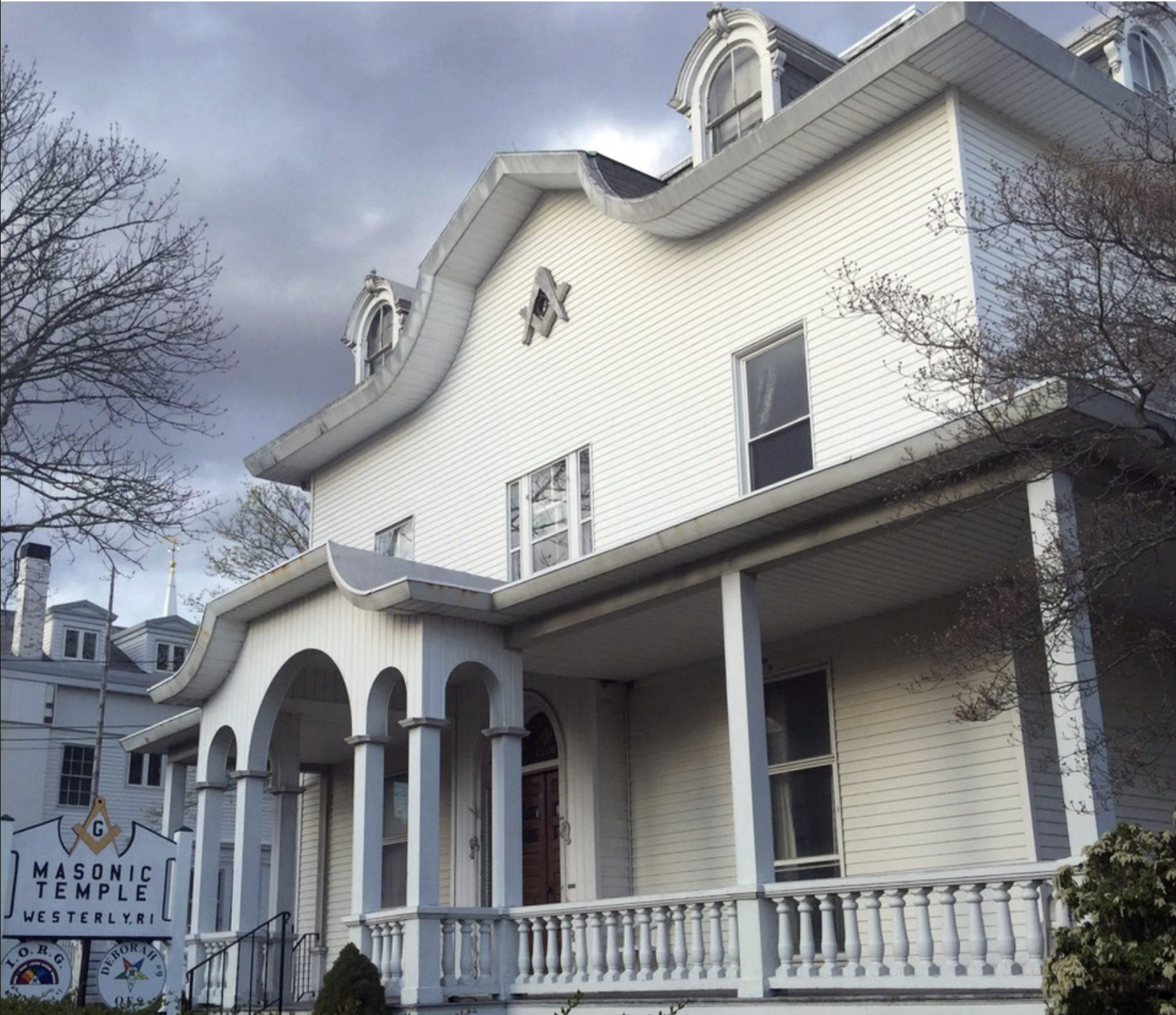
Franklin Lodge
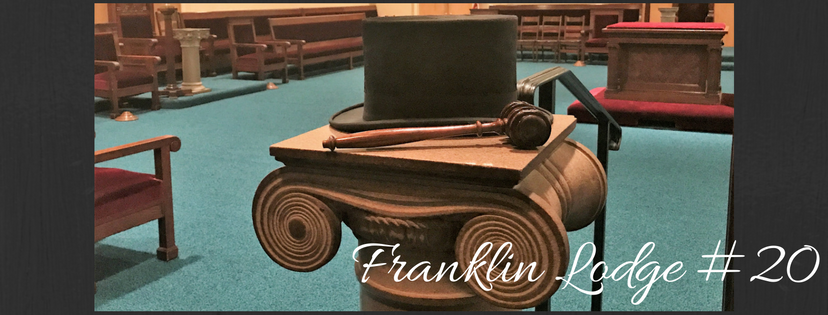
Franklin Lodge inside
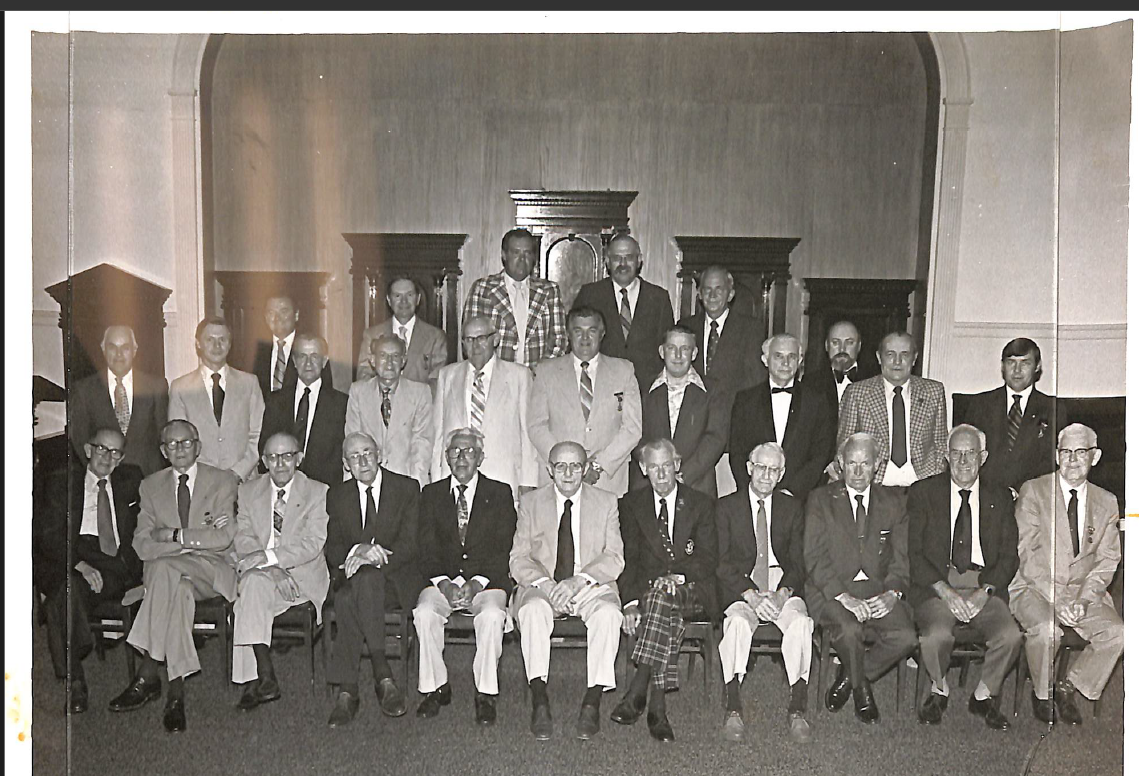
Past Masters Night 1980
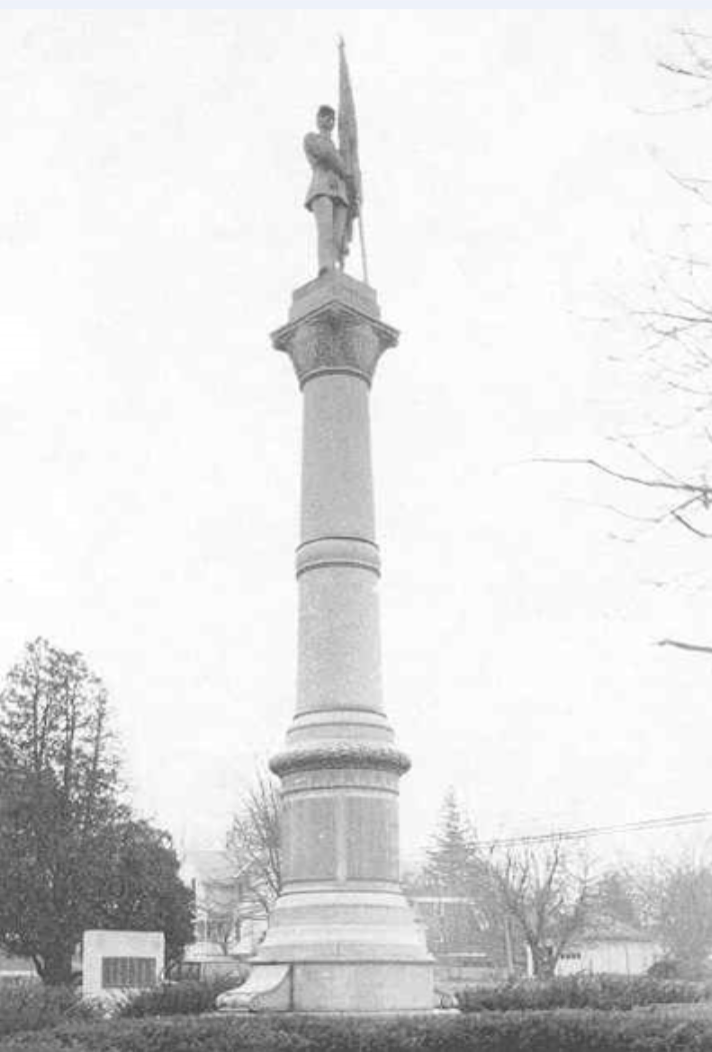
Pausch - Soldiers Civil War Monument CT
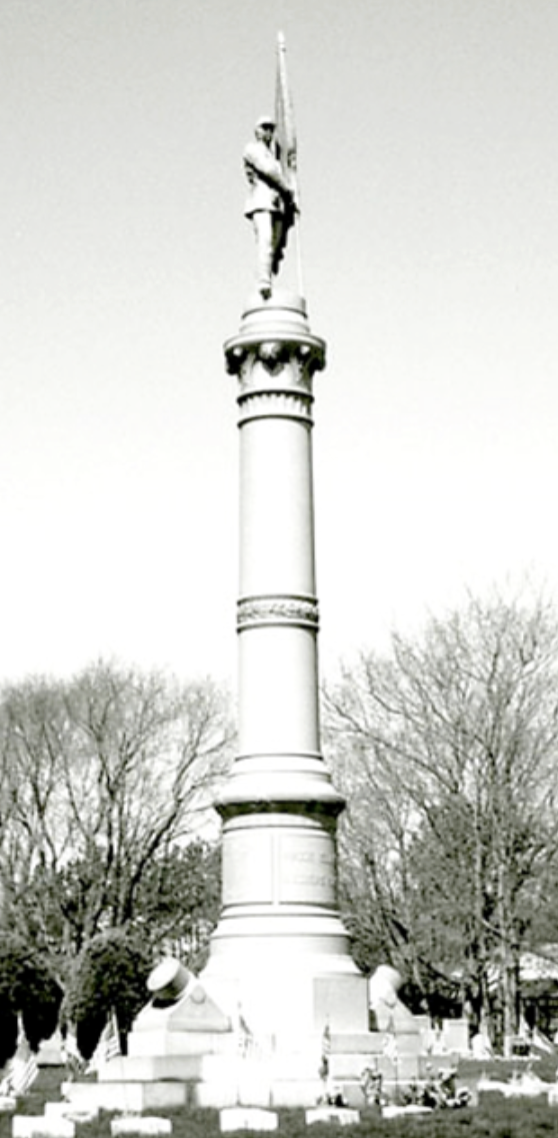
Pausch - Soldiers Home Monument Bristol RI
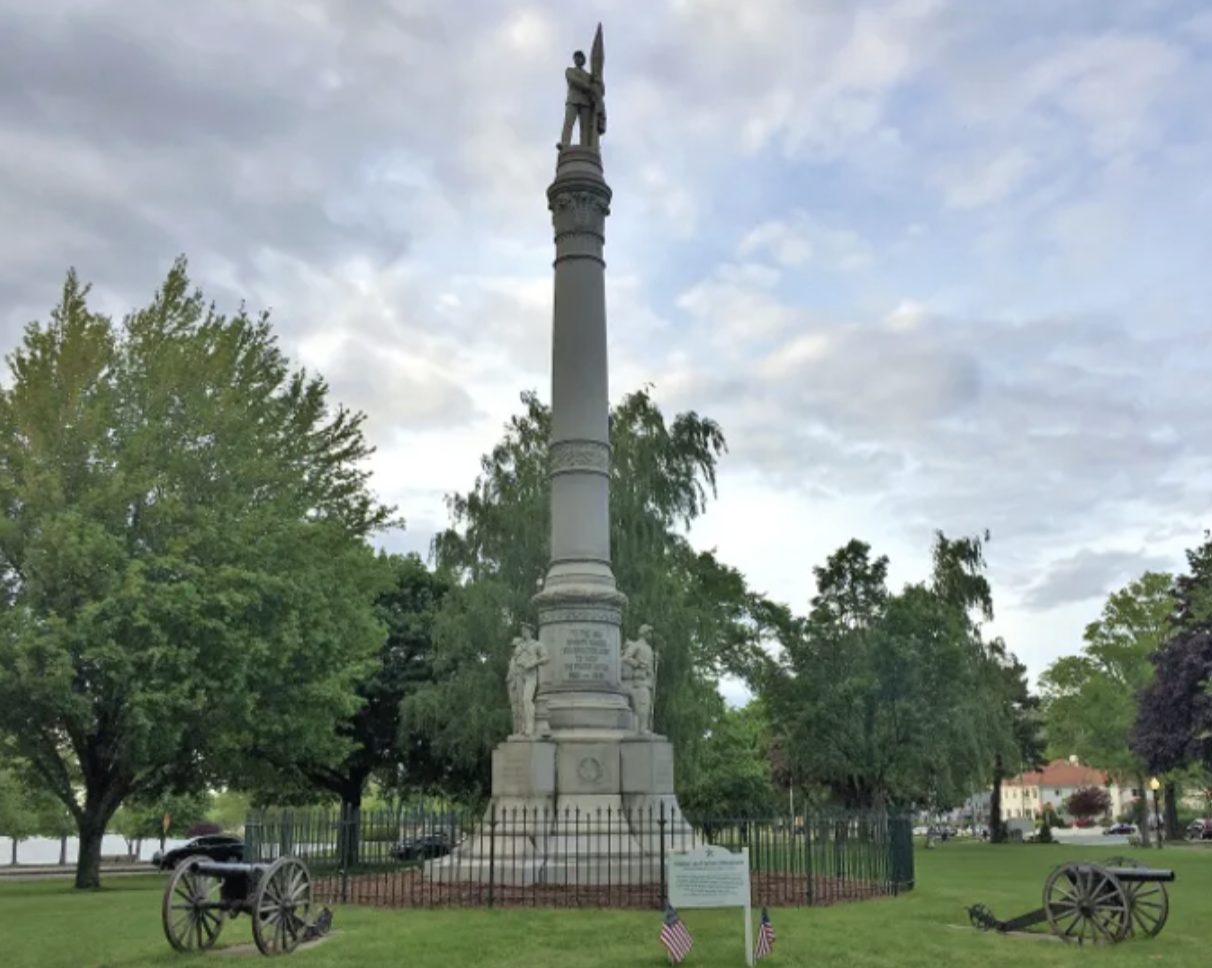
Puasch and Barr - Soldiers and Sailors Monument Wakefield MA